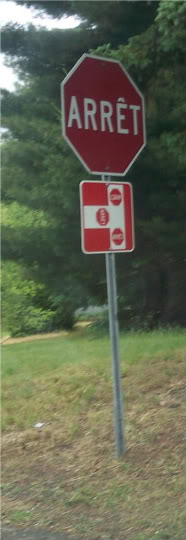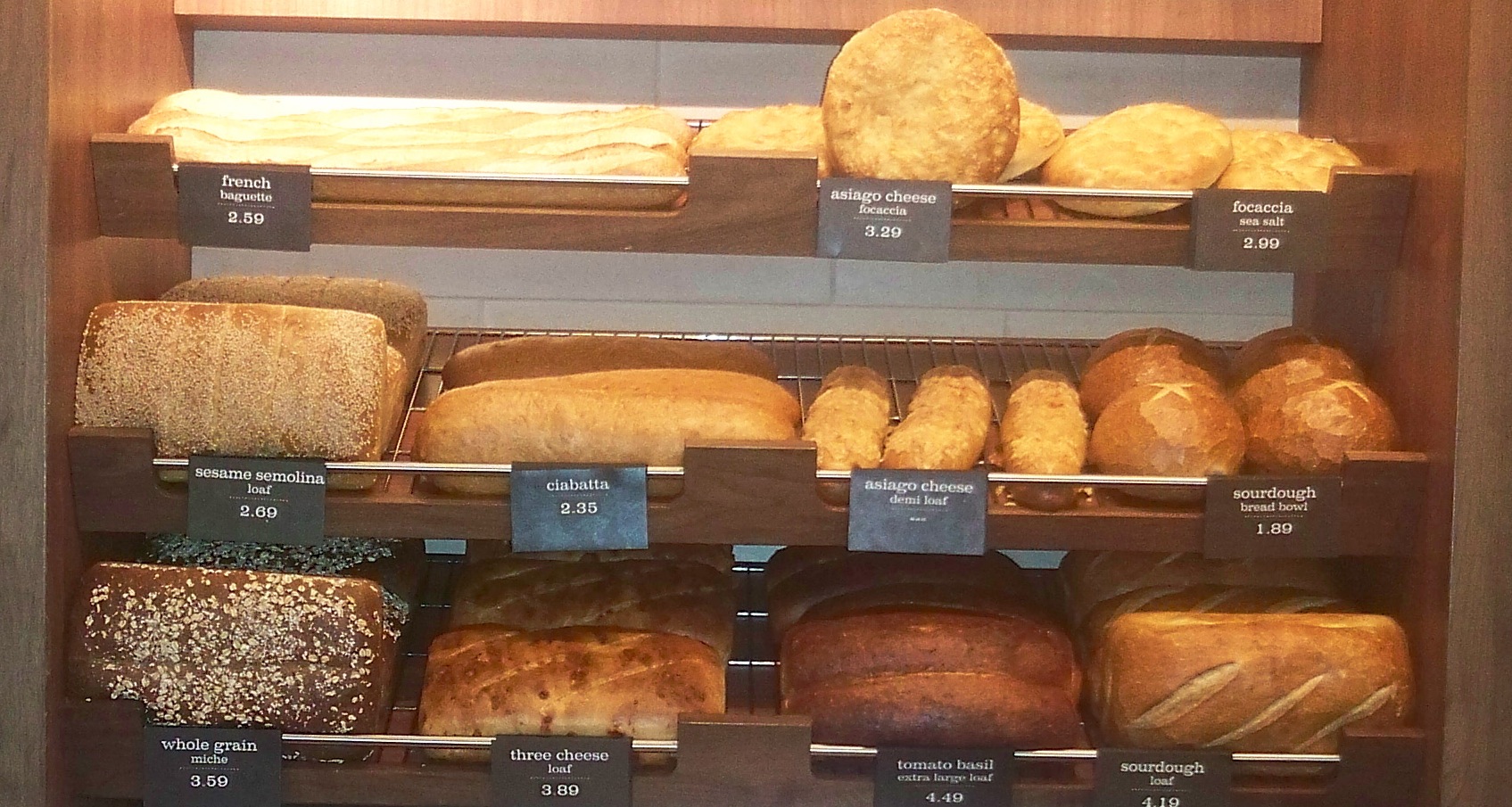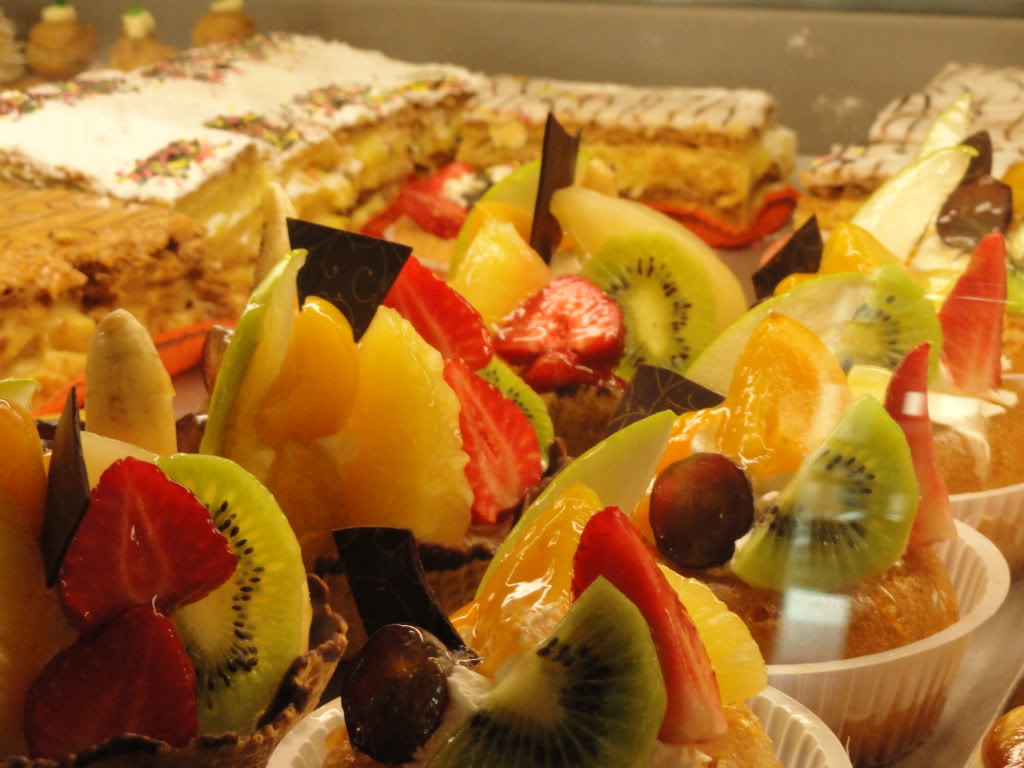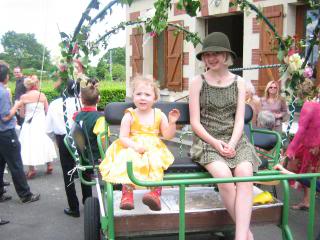Dan Vilter shared this story on the AlwaysLearning list in 2001:
At a park day, we were having a discussion about the usefulness of praise and sincerity. The unschoolers in the group were trying to point out the fallacy of over and insincere praise, and indirectly about treating your children as people first. After much talk getting nowhere, one of the other unschooling parents turned to me and in the French poodle voice started thanking me for all the things I had done for the group that day. Something like,"Oh Dan, thank you for bringing the stove for hot cocoa. You did such a good job setting it up and heating the water! You're so strong carrying that big jug of water all by yourself!" Everyone had a good laugh and the point was succinctly made."Treating them as people first." That's it. See them as people, who hear you and are thinking, and treat that respectfully. In her book Whole Child/Whole Parent, Polly Berrien Berends, uses the term "Seeing Beings."
photo by Denaire Nixon



















